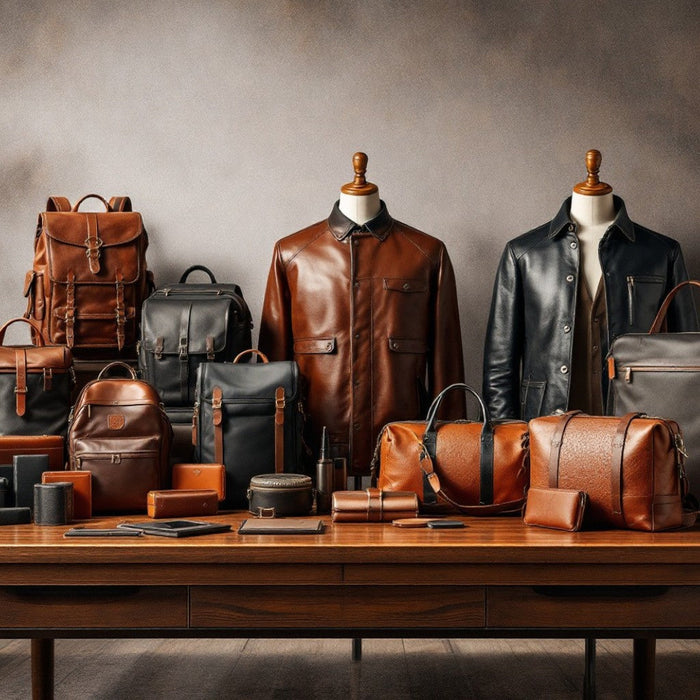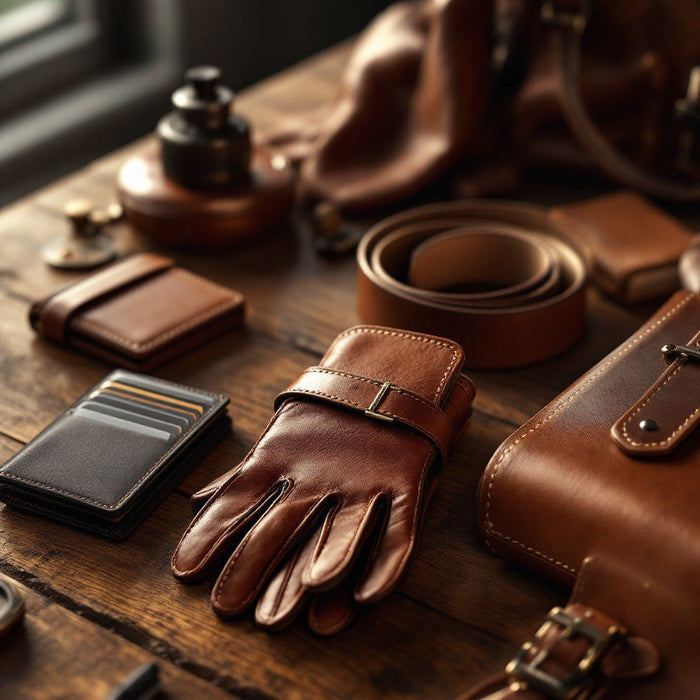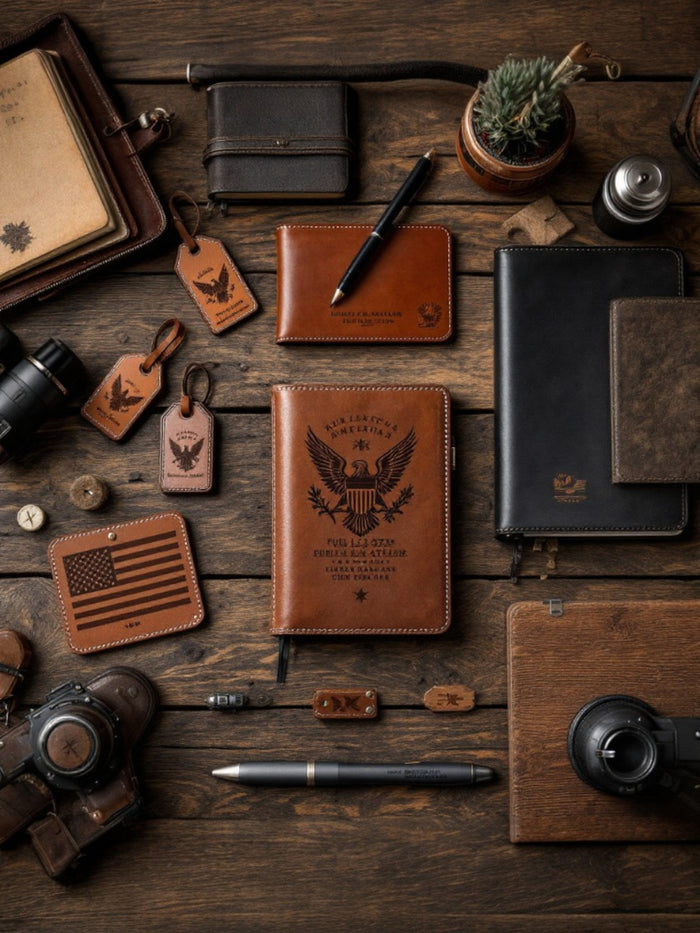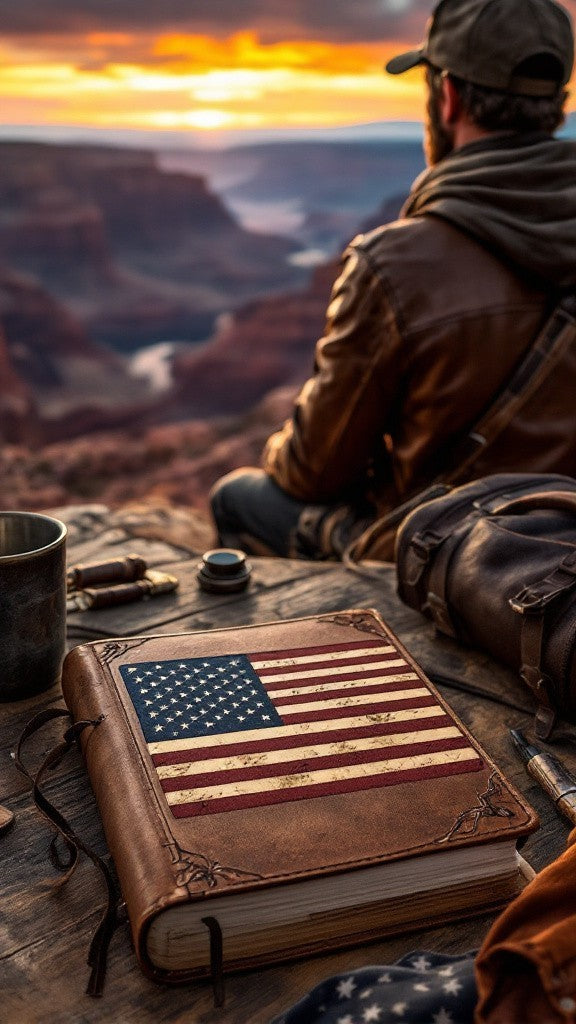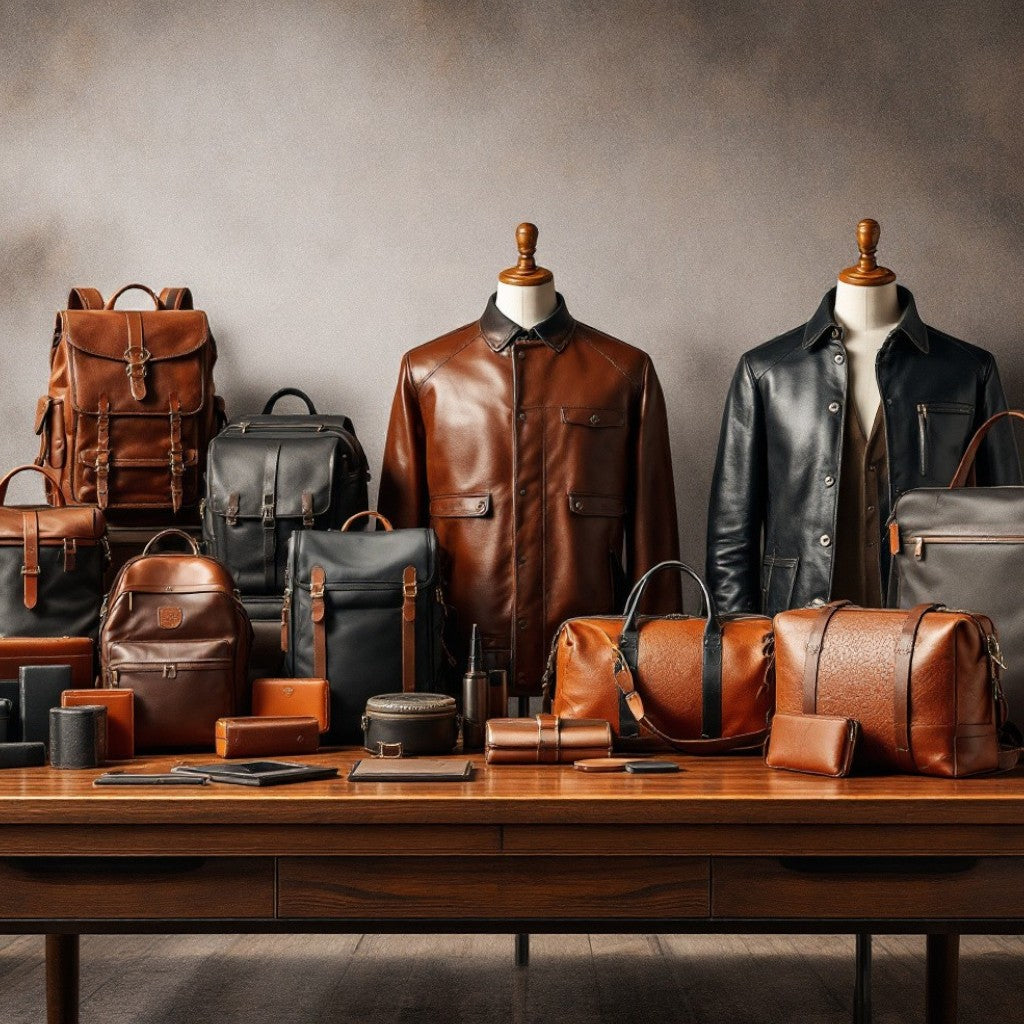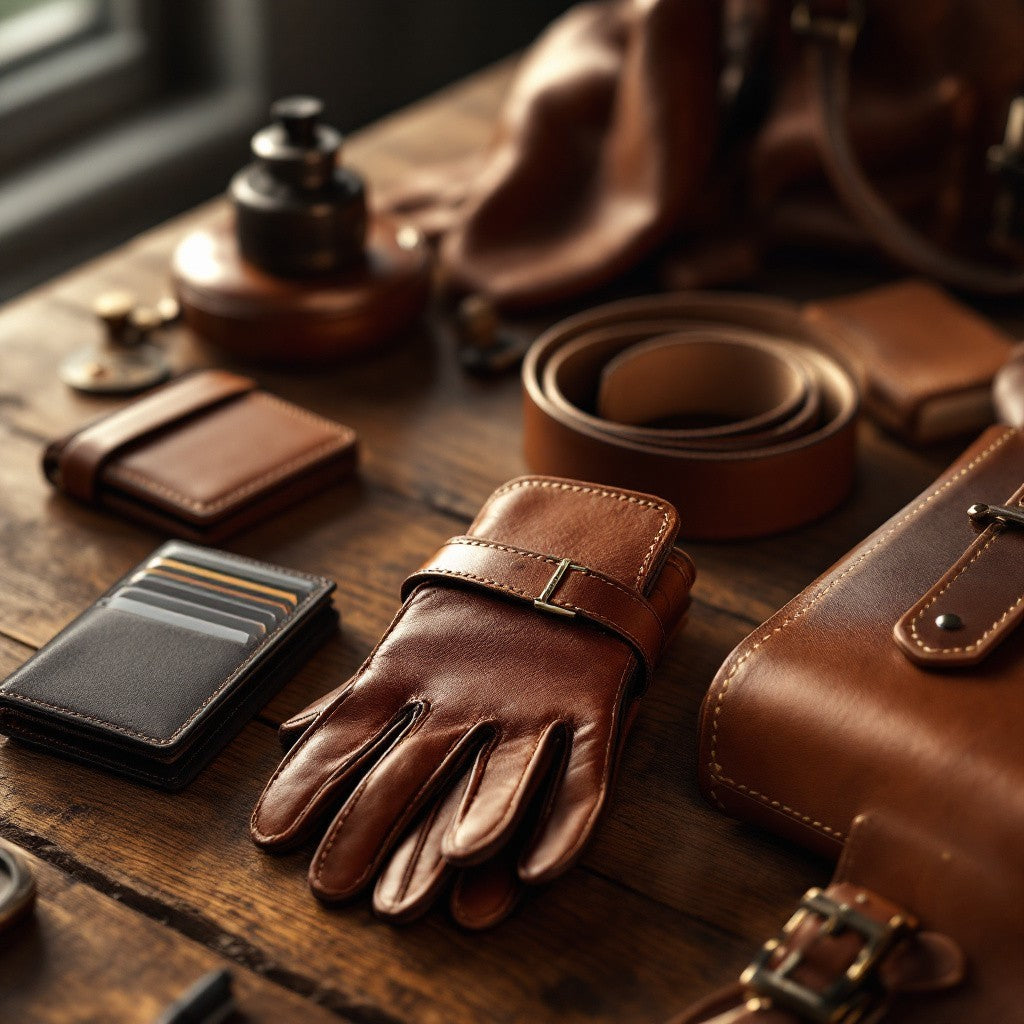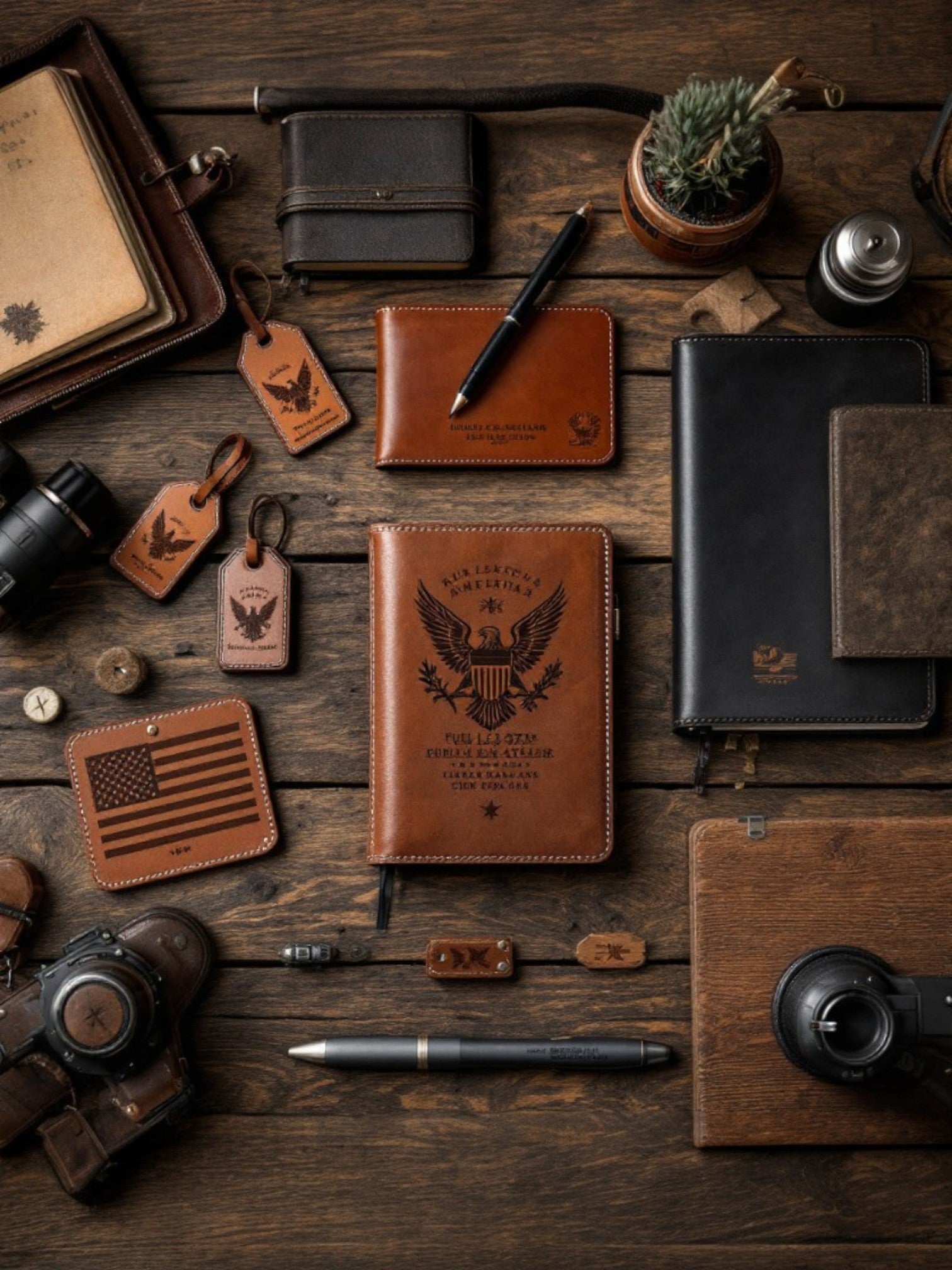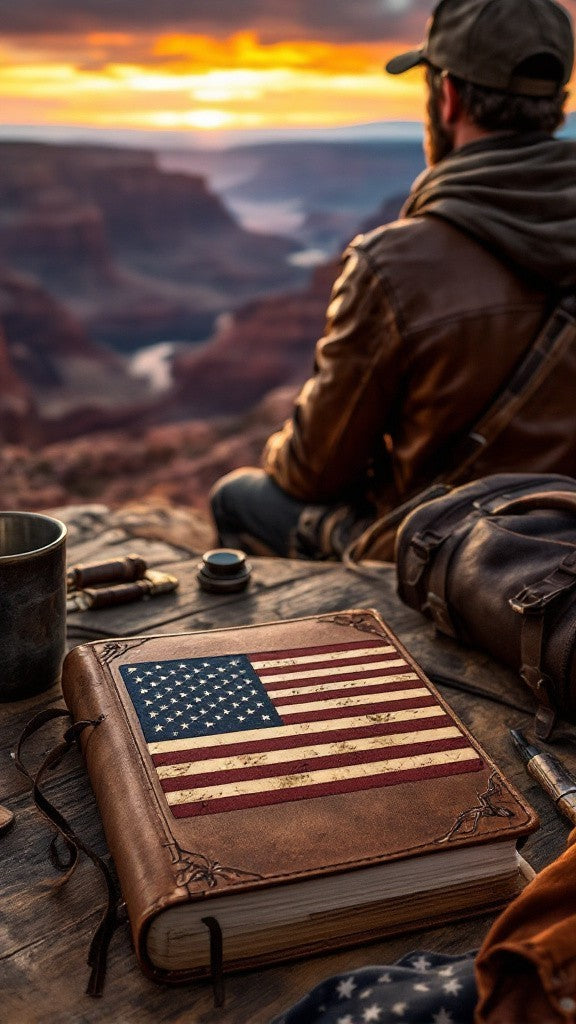
Full-Grain vs. Genuine: What Leather Labels Really Mean
Share
Full-Grain vs. Genuine: What Leather Labels Really Mean
You’ve seen it before — a wallet that says “100% Genuine Leather” for a suspiciously low price. Seems like a good deal, right?
Here’s the truth: that label doesn’t mean what you think it means.
At Wyoming Jack, we don’t cut corners — and we sure don’t hide behind vague labels. So let’s set the record straight on leather types, starting with the two most misunderstood terms in the industry: full-grain leather and genuine leather.
What Is Full-Grain Leather?
Full-grain leather is the real deal — the strongest, most natural part of the hide. It comes from the top layer of the animal’s skin and includes all of the grain, texture, and character.
It’s not sanded, buffed, or corrected. That means it shows the natural markings, scars, and wrinkles of the animal — and that’s exactly what gives it strength and personality.
Key traits of full-grain leather:
- Extremely durable
- Develops a rich patina over time
- Breathable and moisture-resistant
- Every piece is unique
- Ages better the more you use it
In short: full-grain leather is what Wyoming Jack is made of.
What Is Genuine Leather?
“Genuine leather” sounds great on a label — but it’s one of the lowest grades of real leather.
It’s made from the leftover layers of the hide after the top grain is stripped off. Manufacturers bond and press it together, then add artificial grain and dyes to make it look uniform. It’s leather in the technical sense… but not the kind you want for gear that needs to last.
Key traits of genuine leather:
- Cheaper to produce
- Thin and less durable
- Often cracks, peels, or wears quickly
- Doesn’t age well or develop patina
- Common in low-cost belts, wallets, and furniture
In short: it may say “genuine,” but it’s nowhere near the quality of full-grain.
The Breakdown: Leather Grades at a Glance
| Leather Type | Quality | Durability | Aging/Patina | Common Use |
|---|---|---|---|---|
| Full-Grain | Highest | Excellent | Beautiful aging | Premium belts, bags, boots |
| Top-Grain | High | Good | Moderate | Mid-range wallets, upholstery |
| Genuine Leather | Low | Poor | None | Cheap belts, accessories |
| Bonded Leather | Lowest | Very Poor | None | Budget items, coated goods |
Why We Only Use Full-Grain at Wyoming Jack
We believe in gear that’s built to outlast trends — and that starts with full-grain leather.
Our belts, bags, and journals are crafted in the USA using only full-grain hides. They’re tougher, age better, and feel right from day one. You won’t find any “genuine” shortcuts here — just real, honest leather that’s meant to be worn, broken in, and passed down.
Final Word
Don’t let a shiny label fool you. When it comes to leather, full-grain is king. It’s stronger, lasts longer, and carries the kind of rugged character that reflects your story — not some factory line.
Next time you’re shopping for leather, ask the hard question: is it full-grain… or just genuine?
At Wyoming Jack, we’ve already answered it — the hard way.

